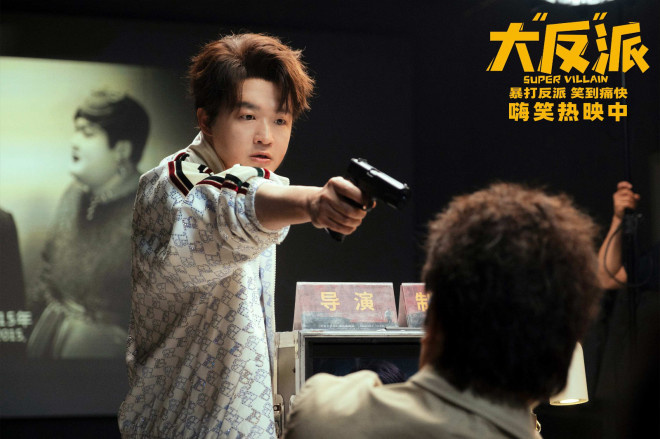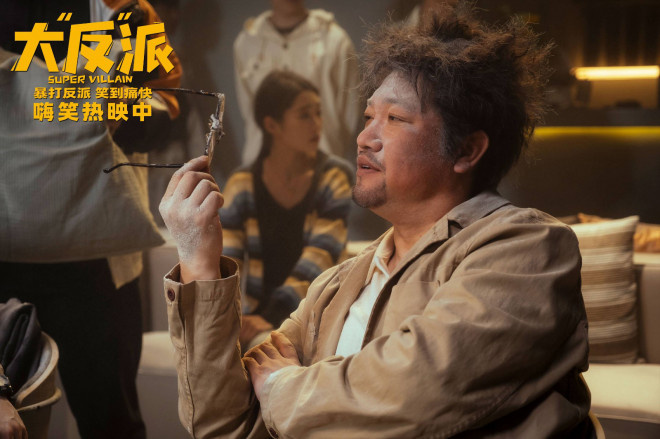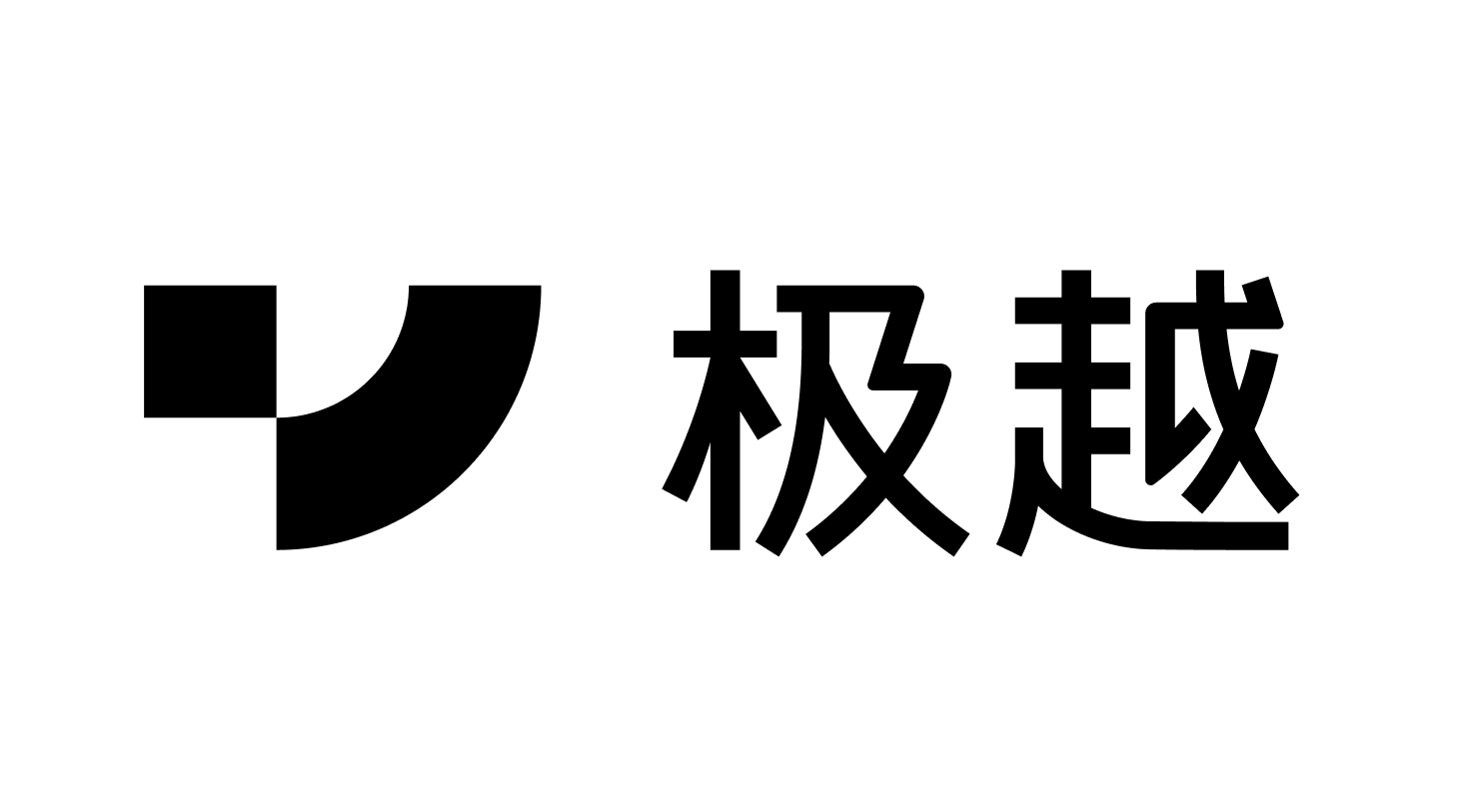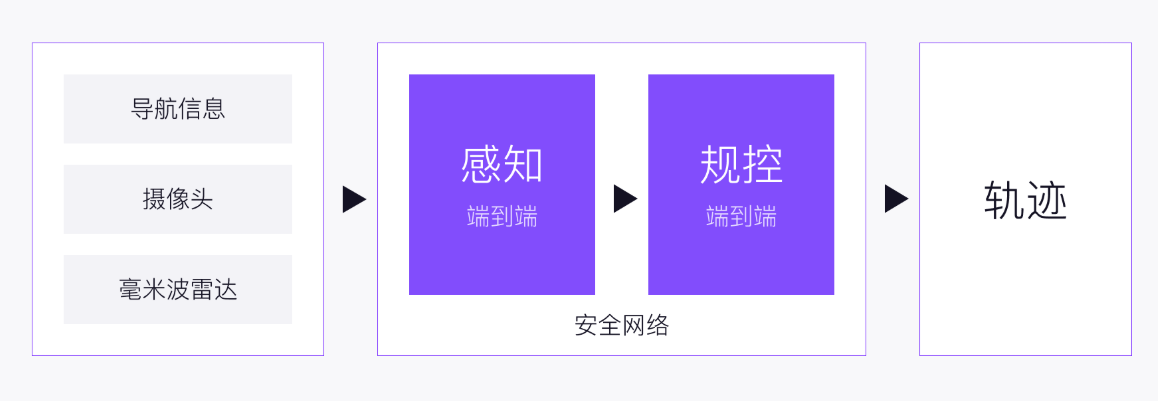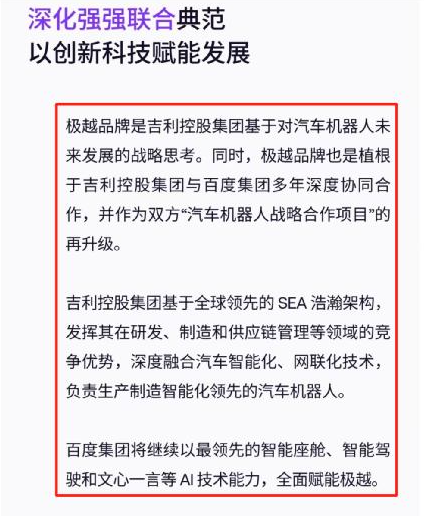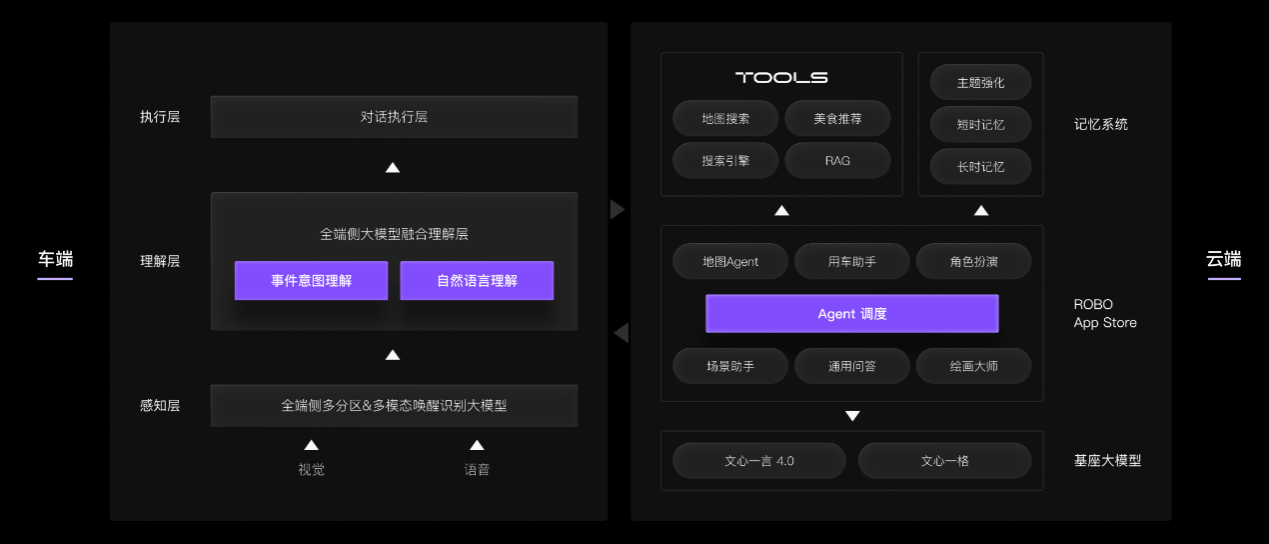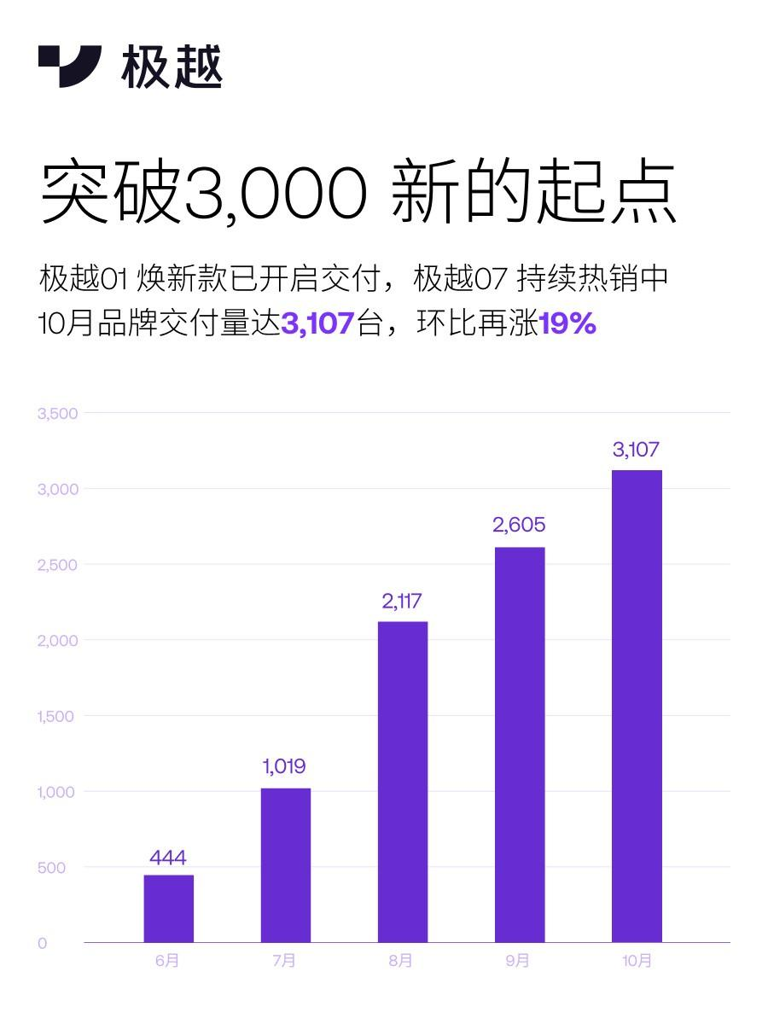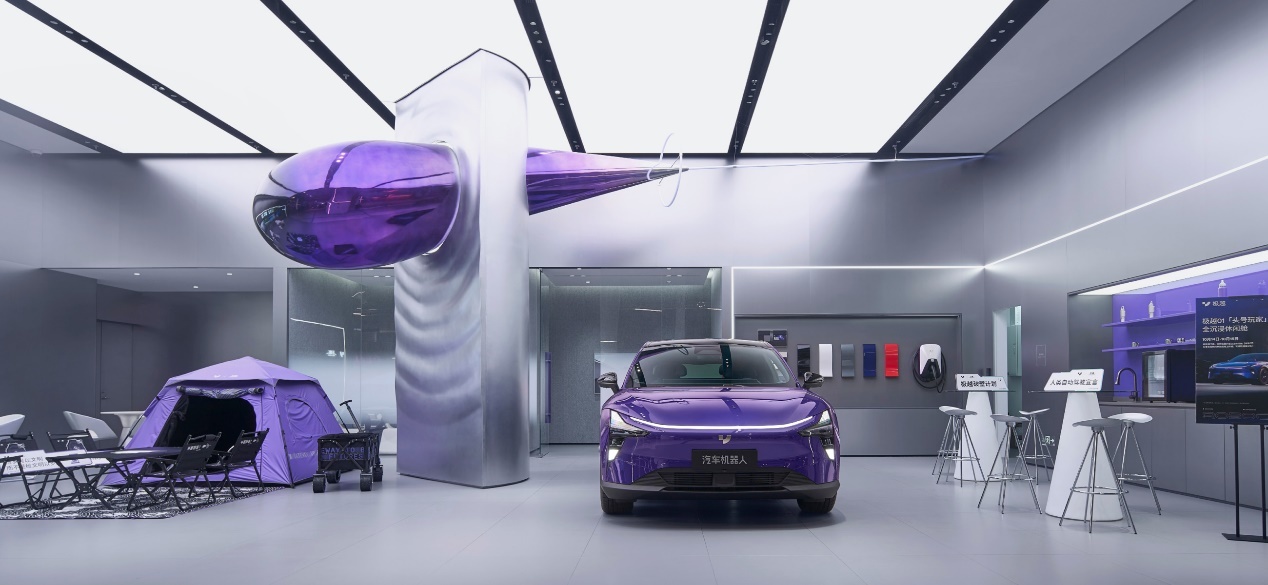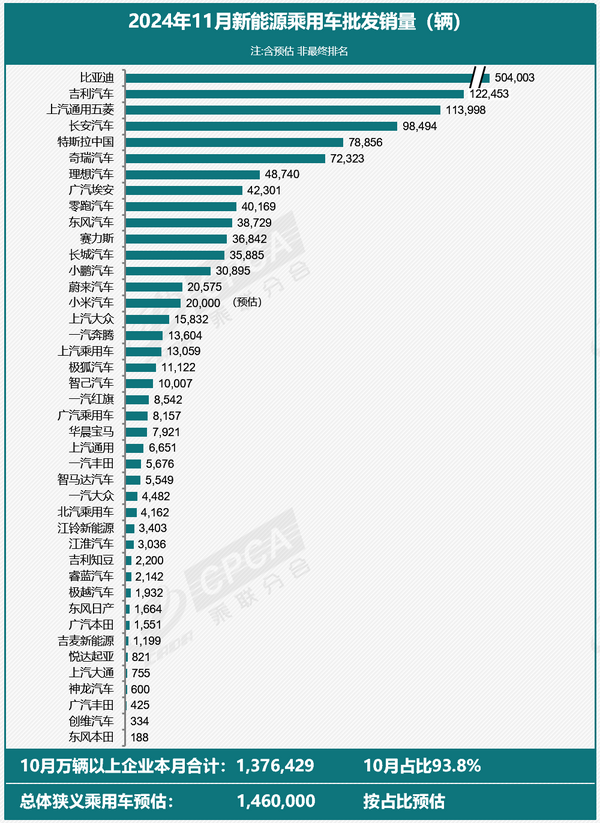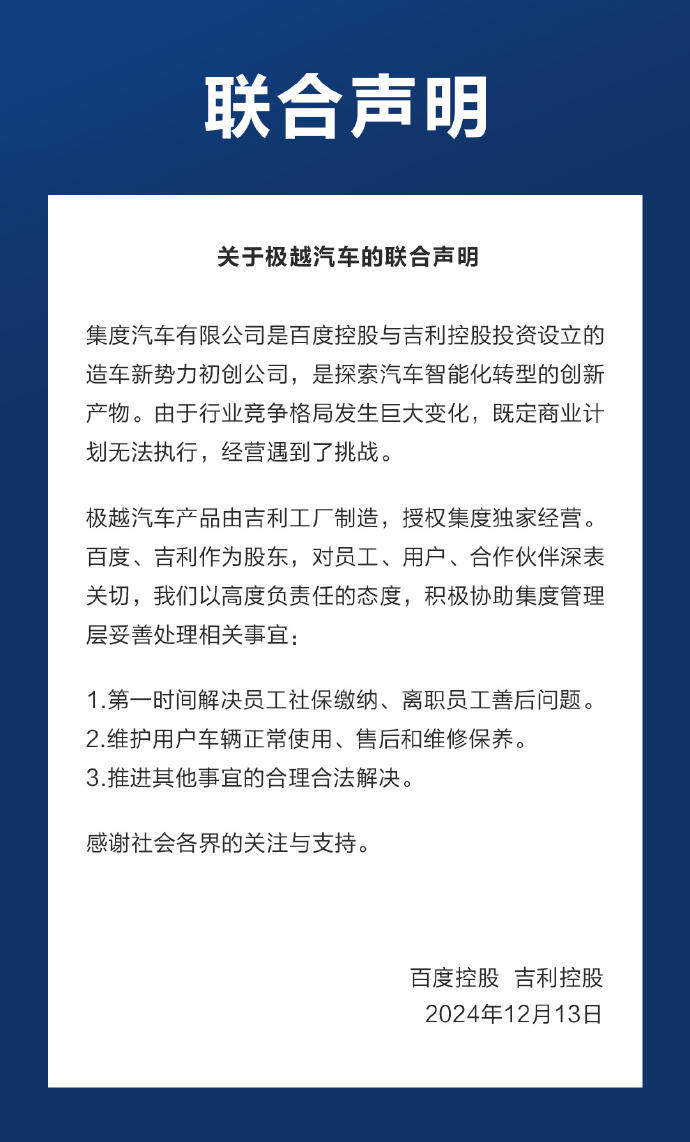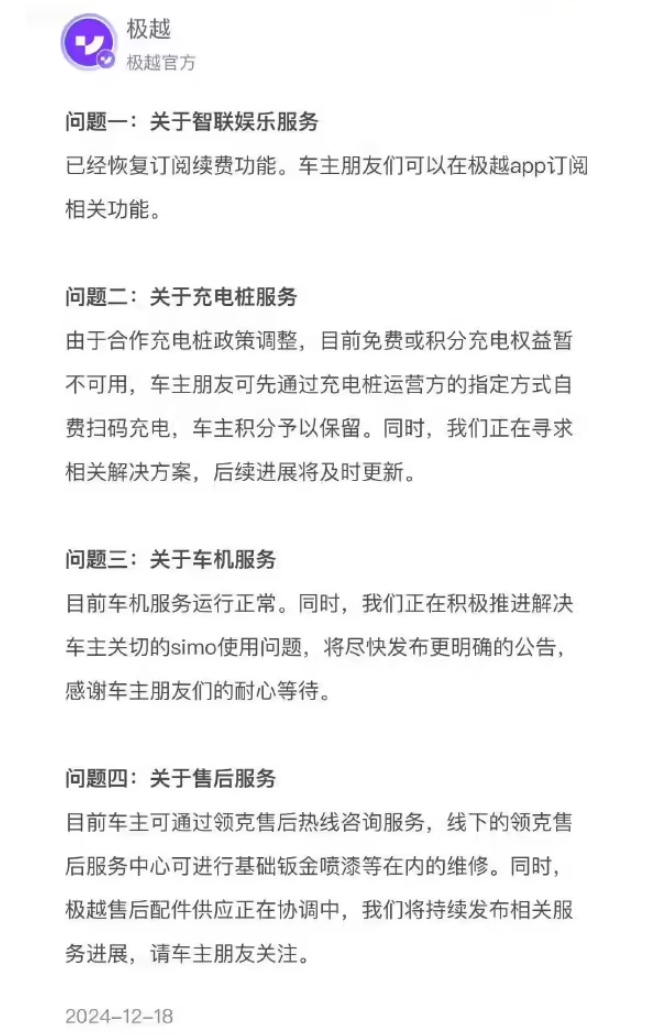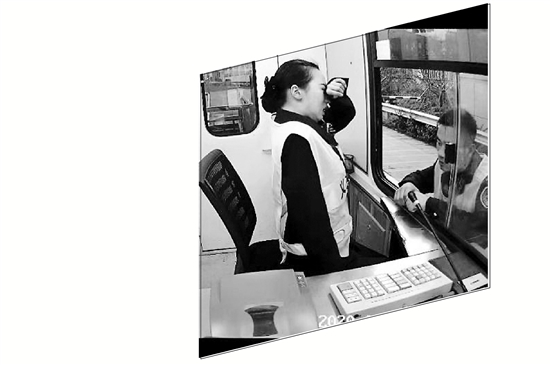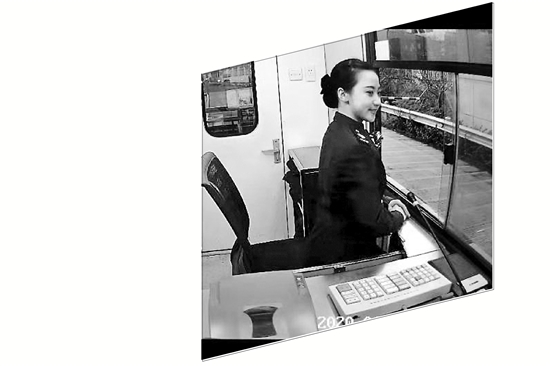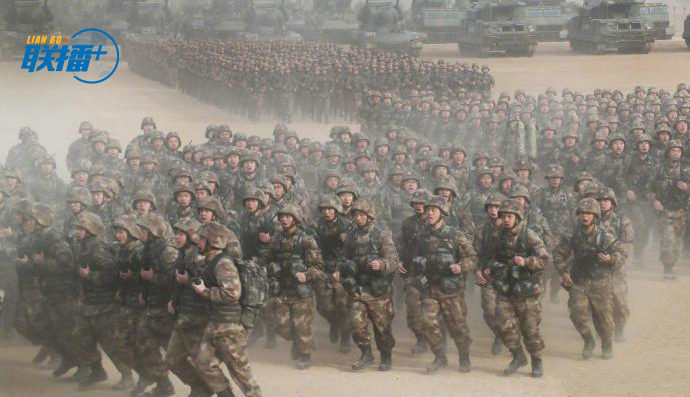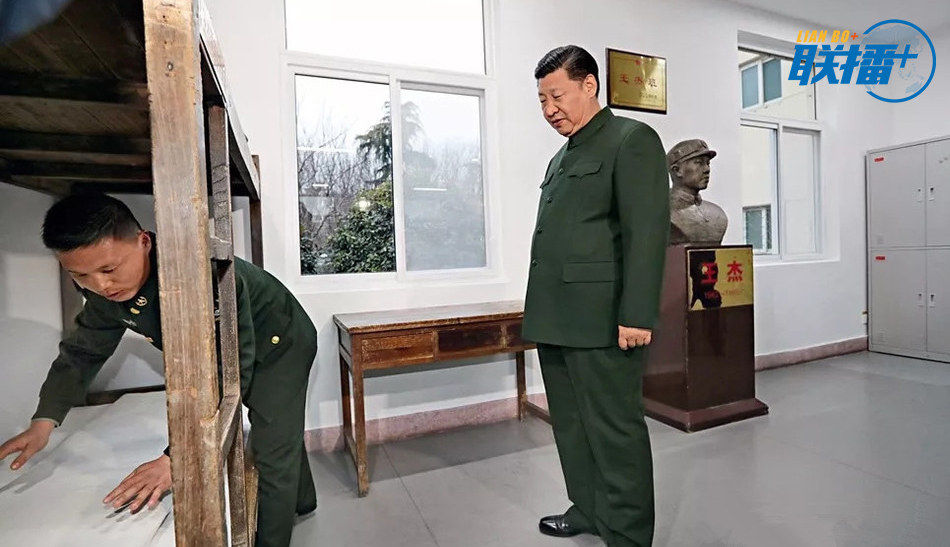????Xinhua News Agency, Beijing, January 13th
National emergency plan for sudden geological disasters
????1 General rules
????1.1 Purpose of compilation
????Do a good job in emergency prevention and control of sudden geological disasters efficiently and orderly, avoid or minimize the losses caused by disasters, and safeguard people’s lives and property safety and social stability.
????1.2 Compilation basis
????This plan is formulated in accordance with the Regulations on the Prevention and Control of Geological Disasters, the National Overall Emergency Plan for Public Emergencies, and the Notice of the General Office of the State Council on Forwarding the Opinions of the Ministry of Land and Resources on Strengthening the Prevention and Control of Geological Disasters.
????1.3 Scope of application
????This plan is applicable to the disposal of geological disasters related to geological functions, such as mountain collapse, landslide, debris flow and ground collapse, which are caused by natural factors or human activities and endanger people’s lives and property safety.
????1.4 working principles
????Prevention first, people first. Establish and improve the mechanism of group monitoring and prevention, minimize the losses caused by sudden geological disasters, and take the safety of people’s lives and property as the starting point and foothold of emergency work.
????Unified leadership and division of responsibilities. Under the unified leadership of party committees and governments at all levels, relevant departments carry out their duties and cooperate closely to jointly do a good job in emergency prevention and control of sudden geological disasters.
????Hierarchical management, mainly territorial. Establish and improve a management system that is classified according to disaster levels, integrated with local people’s governments.
????2 organizational system and responsibilities
????The administrative department of land and resources of the State Council is responsible for the organization, coordination, guidance and supervision of the national geological disaster emergency prevention and control work.
????When there is an extra-large geological disaster that exceeds the disposal capacity of the provincial people’s government at the place where the incident occurred and needs to be handled by the State Council, the State Council can set up a temporary headquarters for emergency prevention and control of geological disasters according to the suggestion of the administrative department of land and resources of the State Council, which is responsible for the command and deployment of emergency prevention and control of extra-large geological disasters.
????The people’s governments at the provincial level may refer to the composition and responsibilities of the General Command for Emergency Prevention and Control of Geological Disasters in the State Council, and set up corresponding headquarters for emergency prevention and control of geological disasters in light of local actual conditions.
????When a geological disaster or danger of geological disaster occurs, the relevant municipal and county people’s governments may set up a headquarters for geological disaster rescue and relief according to the needs of geological disaster rescue and relief.
????3 Prevention and early warning mechanism
????3.1 Prevention, forecast and early warning information
????3.1.1 Construction of monitoring, forecasting and early warning system
????People’s governments at all levels should speed up the establishment of a geological disaster monitoring, forecasting and early warning system focusing on prevention, carry out geological disaster investigation, prepare geological disaster prevention and control plans, build a geological disaster monitoring and prevention network and a professional monitoring network, and form a nationwide geological disaster monitoring network. The State Council’s land and resources, water conservancy, meteorology and seismology departments should cooperate closely, and gradually build a geological disaster information system interconnected with the national flood control monitoring network, meteorological monitoring network and earthquake monitoring network, connecting the relevant departments of the State Council, provinces (autonomous regions and municipalities), cities (prefectures) and counties (cities), and timely transmitting the dangerous situation, flood situation and meteorological information of geological disasters.
????3.1.2 Information collection and analysis
????Units responsible for geological disaster monitoring should collect and sort out data and related information related to the prevention and early warning of sudden geological disasters, predict the short-term and medium-term trends of geological disasters, establish a database of geological disaster monitoring, forecasting and early warning, and realize the sharing among departments.
????3.2 Preventive and early warning actions
????3.2.1 Prepare the annual geological disaster prevention plan.
????The competent department of land and resources of the local people’s government at or above the county level shall, jointly with the member units of the geological disaster emergency prevention and control headquarters at the corresponding level, draw up this year’s geological disaster prevention and control plan at the beginning of each year according to the geological disaster prevention and control plan. The annual plan for prevention and control of geological disasters should indicate the distribution of major disaster points within the jurisdiction, explain the threat objects and scope of major disaster points, specify the key prevention period, formulate specific and effective measures for prevention and control of geological disasters, and determine the person responsible for monitoring and prevention of geological disasters.
????3.2.2 Geological hazard inspection
????The competent departments of land and resources of the local people’s governments at all levels should give full play to the role of monitoring and prevention of geological disasters and professional monitoring networks, conduct regular and irregular inspections, strengthen monitoring and prevention of key areas of geological disasters, and report to the local people’s governments and the competent departments of land and resources at the next higher level in time when finding dangerous situations. The local people’s governments at the county level shall delimit disaster danger zones in time, set warning signs in danger zones, and determine early warning signals and evacuation routes. According to the change of dangerous situation, put forward emergency countermeasures in time, organize the masses to transfer and avoid or take preventive measures, and when the situation is critical, forcibly organize disaster avoidance and evacuation.
????3.2.3 Issuance of "Disaster Prevention Understanding Card"
????In order to improve the people’s awareness and ability of disaster prevention, local people’s governments at all levels should implement the work of mass monitoring and mass prevention to specific units according to the dangerous points and hidden dangers of geological disasters that have been found locally, to the heads of townships (towns) and village committees, and to the villagers threatened by hidden dangers of geological disasters, and to send "clear cards" involving the prevention and control of geological disasters to the villagers.
????3.2.4 Establish a geological disaster forecasting and early warning system.
????The competent departments of land and resources of local people’s governments at all levels and the competent meteorological departments should strengthen cooperation, jointly carry out meteorological forecast and early warning of geological disasters, and report the forecast and early warning results to the people’s governments at the corresponding levels in a timely manner, and release them to the public through the media. When an early warning and forecast of geological disasters may occur in a certain area is issued, the local people’s government should immediately inform the disaster prevention responsible person, the monitor and the people in the area of the relevant information in accordance with the provisions of the responsibility system for group monitoring and prevention; All units and local people should make preparations for disaster prevention according to the requirements of "disaster prevention card".
????3.3 geological disaster quick report system
????3.3.1 Time limit requirements for quick report
????The competent department of land and resources of the people’s government at the county level shall report to the competent department of land and resources of the people’s government at the county level and the people’s government at the municipal level within 4 hours after receiving the report of extra-large and large-scale geological disasters in the local area, and may also report directly to the competent department of land and resources of the people’s government at the provincial level and the competent department of land and resources of the State Council. The Ministry of Land and Resources shall report to the State Council immediately after receiving the report on the danger and disaster situation of extra-large and large-scale geological disasters.
????The competent department of land and resources of the people’s government at the county level shall report to the competent department of land and resources of the people’s government at the county level and the people’s government at the municipal level within 12 hours after receiving the report of local medium and small geological disasters, and may also report directly to the competent department of land and resources of the people’s government at the provincial level.
????3.3.2 The content of the quick report
????The content of disaster quick report mainly includes the location and time of geological disaster danger or disaster, the type of geological disaster, the scale of disaster body, possible triggering factors and development trend. For geological disasters that have occurred, the quick report should also include the number of casualties and missing persons and the direct economic losses caused.
????4 Geological hazards and disaster classification
????Geological disasters are divided into four levels according to the degree of harm and scale: extra-large, large, medium and small geological disasters and geological disasters:
????(1) Danger and disaster of extra-large geological disasters (Grade I).
????Geological hazards that are threatened by disasters and need to relocate more than 1,000 people or may potentially cause economic losses of more than 100 million yuan are extremely large geological hazards.
????Geological disasters that cause more than 30 deaths or direct economic losses of more than 10 million yuan are extremely large geological disasters.
????(2) Danger and disaster of large-scale geological disasters (Grade II).
????Geological hazards that are threatened by disasters, the number of people who need to be relocated is more than 500 and less than 1,000, or the potential economic loss is more than 50 million yuan and less than 100 million yuan are large-scale geological hazards.
????Geological disasters that killed more than 10 people and less than 30 people, or caused direct economic losses of more than 5 million yuan and less than 10 million yuan due to disasters are large-scale geological disasters.
????(3) medium-sized geological hazards and disasters (Grade III).
????Geological hazards that are threatened by disasters, the number of people who need to be relocated is more than 100 and less than 500, or the potential economic loss is more than 5 million yuan and less than 50 million yuan are medium-sized geological hazards.
????Geological disasters that killed more than 3 people and less than 10 people, or caused direct economic losses of more than 1 million yuan and less than 5 million yuan due to disasters are medium-sized geological disasters.
????(4) Danger and disaster of small geological disasters (Grade IV).
????Geological hazards that are threatened by disasters, the number of people who need to be relocated is less than 100, or the potential economic loss is less than 5 million yuan are small geological hazards.
????A geological disaster with less than 3 people killed or a direct economic loss of less than 1 million yuan caused by the disaster is a small geological disaster.
????5 emergency response
????The emergency work of geological disasters follows the graded response procedure, and the corresponding emergency agencies are determined according to the grade of geological disasters.
????5.1 Emergency Response to Dangerous Conditions and Disasters of Extra-large Geological Disasters (Grade I)
????The people’s governments of counties (cities), cities (prefectures) and provinces (autonomous regions and municipalities) with extraordinarily large geological disasters immediately launched relevant emergency prevention plans and emergency command systems to deploy emergency prevention and relief work for geological disasters within their respective administrative areas.
????The people’s government at the county level where geological disasters occur shall, in accordance with the provisions of the responsibility system for group monitoring and prevention, immediately notify the relevant information to the person in charge of disaster prevention, the monitor and the masses in the area, and make a decision on whether to transfer the masses and take emergency measures; Delineate the danger zone of geological disasters in time, set up obvious warning signs of danger zones, determine early warning signals and evacuation routes, organize the masses to transfer and avoid or take preventive measures, put forward emergency countermeasures according to the specific conditions of danger and disaster, and force the threatened masses to avoid and evacuate in case of emergency. Under the leadership of the people’s government of this province (autonomous regions and municipalities), the emergency prevention and control headquarters of this province (autonomous regions and municipalities) specifically directs, coordinates and organizes experts and personnel from relevant departments such as finance, construction, transportation, water conservancy, civil affairs, meteorology, etc. to rush to the scene in time, strengthen monitoring, take emergency measures, prevent the disaster from further expanding, and avoid the possible secondary disaster relief.
????The Ministry of Land and Resources organizes and coordinates relevant departments to go to disaster areas to guide emergency prevention and control work, and sends experts to investigate the causes of geological disasters, analyze their development trends, and guide local governments to formulate emergency prevention and control measures.
????5.2 Emergency Response to Dangerous Conditions and Disasters of Large Geological Disasters (Grade II)
????The people’s governments of counties (cities), cities (prefectures) and provinces (autonomous regions and municipalities) where large-scale geological disasters occur immediately start relevant emergency plans and emergency command systems.
????The people’s government at the county level where geological disasters occur shall, in accordance with the provisions of the responsibility system for group monitoring and prevention, immediately notify the relevant information to the person in charge of disaster prevention, the monitor and the masses in the area, and make a decision on whether to transfer the masses and take emergency measures; Delineate the danger zone of geological disasters in time, set up obvious warning signs of danger zones, determine early warning signals and evacuation routes, organize the masses to transfer and avoid or take preventive measures, put forward emergency countermeasures according to the specific conditions of danger and disaster, and force the threatened masses to avoid and evacuate in case of emergency.
????Under the leadership of the people’s government of this province (autonomous region, municipality), the emergency prevention and control headquarters of this province (autonomous region, municipality) specifically directs, coordinates and organizes experts and personnel from relevant departments such as finance, construction, transportation, water conservancy, civil affairs and meteorology to rush to the scene in time, strengthen monitoring, take emergency measures, prevent the disaster from further expanding, and avoid the possible disaster relief.
????When necessary, the Ministry of Land and Resources sends a working group to assist local governments in emergency prevention and control of geological disasters.
????5.3 Emergency response to medium-sized geological hazards and disasters (Grade III)
????The people’s governments of counties (cities) and cities (prefectures) with medium-sized geological disasters and disasters immediately launched relevant emergency plans and emergency command systems.
????The people’s government at the county level where geological disasters occur shall, in accordance with the provisions of the responsibility system for group monitoring and prevention, immediately notify the relevant information to the person in charge of disaster prevention, the monitor and the masses in the area, and make a decision on whether to transfer the masses and take emergency measures; Delineate the danger zone of geological disasters in time, set up obvious warning signs of danger zones, determine early warning signals and evacuation routes, organize the masses to transfer and avoid or take preventive measures, put forward emergency countermeasures according to the specific conditions of danger and disaster, and force the threatened masses to avoid and evacuate in case of emergency.
????Under the leadership of the people’s government of this municipality (prefecture), the emergency work of medium-sized geological disasters and disasters will be directed, coordinated, organized by the emergency prevention and control headquarters of this municipality (prefecture), and experts and personnel from relevant departments such as transportation, water conservancy, civil affairs and meteorology will rush to the scene in time to strengthen monitoring and take emergency measures to prevent further expansion of disasters and avoid secondary casualties that may be caused by emergency rescue and disaster relief.
????When necessary, the people’s governments of provinces (autonomous regions and municipalities) where disasters occur send working groups to the disaster site to assist the people’s governments of cities (prefectures) to do a good job in geological disaster emergency.
????5.4 Emergency Response to Dangerous Conditions and Disasters of Small Geological Disasters (Grade IV)
????The people’s governments of counties (cities) with small geological disasters and disasters immediately start relevant emergency plans and emergency command systems, and immediately notify the disaster prevention responsible persons, monitors and people in the area of geological disaster danger points of relevant information in accordance with the provisions of the responsibility system for group monitoring and prevention, and make decisions on whether to transfer people and take emergency measures; Delineate the danger zone of geological disasters in time, set up obvious warning signs of danger zones, determine early warning signals and evacuation routes, organize the masses to transfer and avoid or take preventive measures, put forward emergency countermeasures according to the specific conditions of danger and disaster, and force the threatened masses to avoid and evacuate in case of emergency.
????Under the leadership of the county (city) people’s government, experts and personnel from the relevant departments of emergency headquarters, the county (city) geological disaster, such as specific command, coordination, organization and construction, transportation, water conservancy, civil affairs and meteorology, rushed to the scene in time to strengthen monitoring and take emergency measures to prevent further expansion of the disaster and avoid secondary casualties that may be caused by emergency rescue and disaster relief.
????When necessary, the people’s government of the city (prefecture) where the disaster occurred sent a working group to the scene of the disaster to assist the people’s government of the county (city) in the emergency work of geological disasters.
????5.5 End of emergency response
????After the danger or disaster situation of geological disasters has been eliminated or effectively controlled by the expert group, the local people’s government at the county level cancels the designated geological disaster danger zone, and the emergency response is over.
????6 emergency support
????6.1 Emergency team, funds, materials and equipment support
????Strengthen the construction of professional emergency prevention and relief teams for geological disasters to ensure that emergency prevention and relief forces are in place in time after disasters. Professional emergency prevention and relief teams, armed police forces, emergency rescue volunteer organizations in towns (villages, communities), etc., should carry out emergency prevention and relief drills in a targeted manner at ordinary times to improve emergency prevention and relief capabilities.
????Geological disaster emergency prevention and relief costs according to the "financial emergency support plan" provisions.
????Local people’s governments at all levels should reserve necessary special materials for emergency rescue and disaster relief for victims’ resettlement, medical care and health care, and daily necessities. Ensure the supply of emergency relief materials.
????6.2 Communication and information transmission
????Strengthen the construction of geological disaster monitoring, forecasting and early warning information system, make full use of modern communication means, organically combine wired telephone, satellite telephone, mobile phone, radio station and Internet, establish a nationwide geological disaster emergency prevention information network, and realize information sharing among departments.
????6.3 Emergency technical support
????6.3.1 Expert Group on Emergency Prevention and Control of Geological Disasters
????The Ministry of Land and Resources and the administrative departments of land and resources of provinces (autonomous regions and municipalities) respectively set up expert groups for emergency prevention and control of geological disasters to provide technical advisory services for emergency prevention and control of geological disasters and emergency work.
????6.3.2 Scientific research on emergency prevention and control of geological disasters
????The Ministry of Land and Resources and relevant units should carry out research on methods and technologies for emergency prevention and relief of geological disasters, and carry out research and development on emergency investigation, emergency assessment, trend prediction of geological disasters, and meteorological forecast and early warning technologies for geological disasters. Governments at all levels should increase their efforts and investment in scientific research and technology development for geological disaster prediction and early warning, and at the same time carry out targeted emergency prevention and relief exercises and training.
????6.4 Publicity and training
????Strengthen the publicity and training of public knowledge on disaster prevention and reduction, educate the cadres and the masses on the knowledge of geological disaster prevention at multiple levels and in multiple directions, and enhance the public’s awareness of disaster prevention and their ability of self-help and mutual assistance.
????6.5 information release
????The release of geological disasters and dangerous situations shall be carried out according to the National Emergency Plan for Public Emergencies.
????6.6 supervision and inspection
????The Ministry of Land and Resources shall, jointly with relevant departments, effectively supervise and inspect the above-mentioned emergency prevention and control work of geological disasters, and timely summarize the experience and lessons of emergency prevention and control practice of geological disasters.
????Local people’s governments at all levels shall organize all departments and units to be responsible for implementing relevant responsibilities.
????7 plan management and update
????7.1 Plan management
????Departments or institutions of local people’s governments at or above the county level in areas where geological disasters may occur shall, in conjunction with relevant departments, refer to the national emergency plan for sudden geological disasters, formulate emergency plans for sudden geological disasters within their respective administrative areas, and report them to the people’s governments at the corresponding levels for approval before implementation. The emergency plans of all provinces (autonomous regions and municipalities) shall be reported to the competent department of land and resources of the State Council for the record.
????7.2 Plan update
????This plan shall be reviewed once a year by the Ministry of Land and Resources, and revised or updated according to the review results and submitted to the State Council for approval.
????The renewal period of the emergency plan for sudden geological disasters is 5 years at the longest.
????8 Responsibility and Reward and Punishment
????8.1 Reward
????Units and individuals that need to be commended and rewarded for their outstanding contributions in the emergency work of geological disasters shall be implemented in accordance with the relevant provisions of the Regulations on the Prevention and Control of Geological Disasters.
????8.2 accountability
????The accountability of units and individuals that cause geological disasters shall be handled in accordance with the relevant provisions of the Regulations on the Prevention and Control of Geological Disasters; The relevant personnel who are dereliction of duty and dereliction of duty in the emergency prevention and control of geological disasters shall be investigated for responsibility according to the relevant laws and regulations of the state.
????9 supplementary provisions
????9.1 Definition and explanation of noun terms
????Geological disaster-prone area: refers to the area with geological structure, topography and climate conditions where geological disasters occur, which is prone to geological disasters.
????Geological disaster danger zone: refers to the area or section where there are signs of geological disasters, which are obviously likely to occur and may cause casualties and economic losses.
????Secondary disasters: refer to disasters caused by the destruction of engineering structures, facilities and natural environment caused by geological disasters, such as floods, explosions and the leakage of highly toxic and corrosive substances.
????Lifeline facilities: refers to urban public facilities such as water supply, power supply, grain and oil, drainage, fuel, thermal system, communication and transportation.
????Direct economic loss: refers to the material damage caused by geological disasters and secondary disasters, including the economic loss caused by the damage of buildings and other engineering structures, facilities, equipment, articles and property, and is calculated by the cost of re-repair. It does not include the loss of intangible property, such as currency and securities.
????In the expression of relevant quantities in this plan, "above" includes the number, and "below" does not include the number.
????9.2 the implementation of the plan
????This plan shall be implemented as of the date of issuance.
